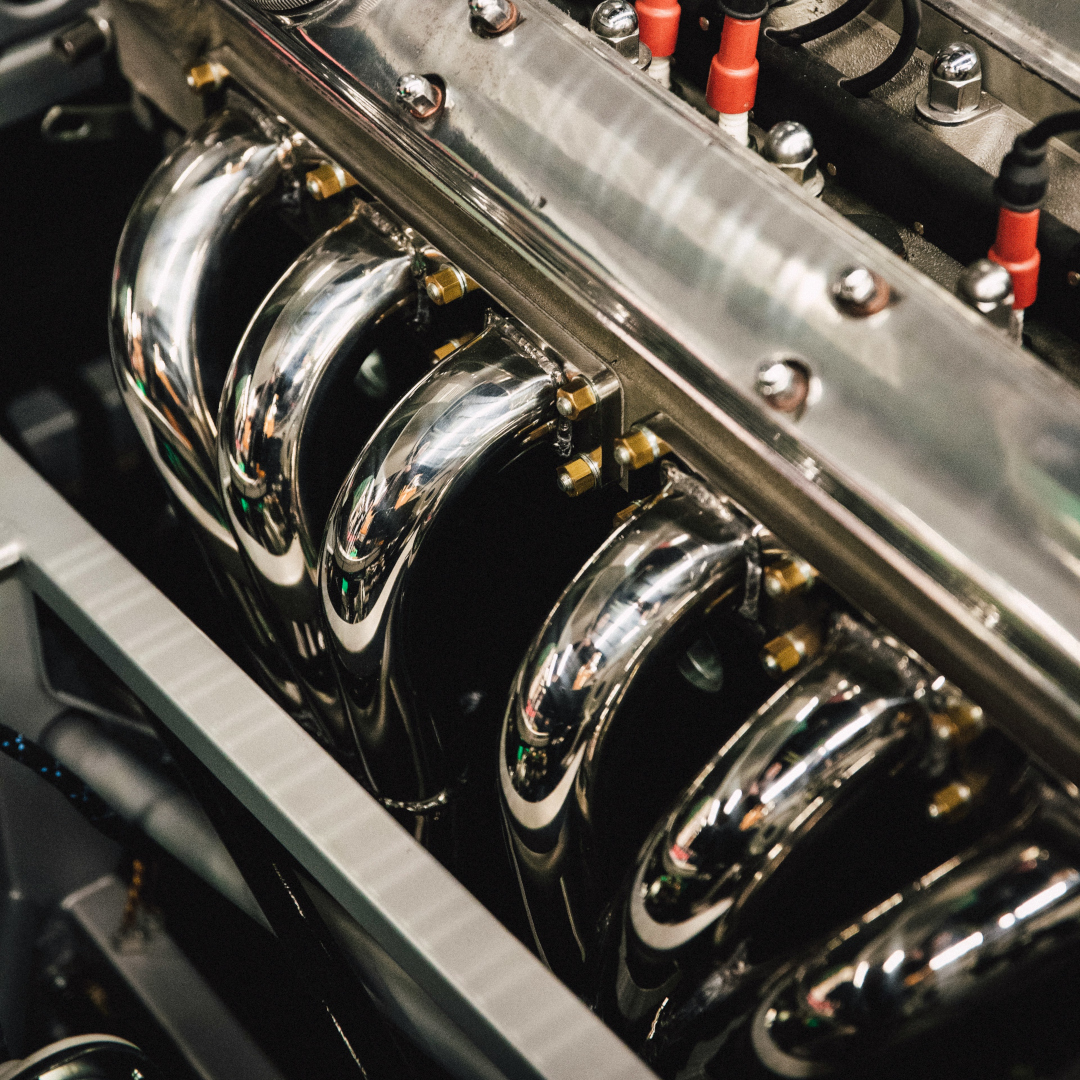Introduction to Bentley and their iconic W-12 engine
Bentley, a name synonymous with luxury, power, and innovation in the automotive world. For years, Bentley has been known for its iconic W-12 engine, a masterpiece of engineering that has propelled their cars to new heights of performance and prestige. However, recent news has rocked the automotive industry as Bentley announces they will stop production of the legendary W-12 engine. Let’s delve into the details behind this decision and what it means for the future of Bentley.
Why is Bentley stopping production of the W-12 engine?
Bentley’s decision to halt production of the W-12 engine has sparked curiosity and raised eyebrows in the automotive world. The move comes as a surprise to many enthusiasts who have long associated Bentley with the powerful and distinctive sound of their signature engine.
The shift away from the W-12 is part of Bentley’s strategic vision for sustainability and efficiency, aligning with global trends towards electrification in the luxury car segment. By focusing on hybrid and electric technologies, Bentley aims to reduce emissions and meet stringent environmental regulations without compromising performance.
While some may mourn the end of an era marked by the thunderous roar of a W-12 engine, others see it as a necessary evolution towards a greener future. As technology advances rapidly, automakers are compelled to adapt to stay relevant and competitive in an ever-changing landscape.
This bold move by Bentley signifies a pivotal moment in their history, signaling a new chapter focused on innovation, sustainability, and pushing boundaries in luxury automotive engineering.
The history of the W-12 engine and its impact on Bentley’s brand
Bentley’s iconic W-12 engine has a rich history that dates back to the early 2000s when it was first introduced. This powerhouse of an engine set Bentley apart in the luxury automotive world, showcasing their commitment to engineering excellence and performance.
The W-12 engine quickly became synonymous with Bentley’s brand identity, representing power, sophistication, and unparalleled driving experience. Its unique configuration allowed for a perfect balance between power and smoothness, delivering remarkable performance on both road and track.
Over the years, the W-12 engine became a symbol of prestige for Bentley enthusiasts worldwide. Its distinctive roar as it accelerated down the road created a sense of awe and admiration among car aficionados. The legacy of this exceptional power plant will forever be etched in Bentley’s storied history.
What does this mean for future Bentley models?
With Bentley’s decision to halt production of the iconic W-12 engine, enthusiasts and industry experts are speculating on what this means for future Bentley models. This move signals a shift towards more sustainable and efficient powertrains as the automotive landscape evolves.
Future Bentley models may see a transition to hybrid or fully electric powertrains, aligning with the brand’s commitment to innovation and environmental consciousness. This change opens up opportunities for fresh design concepts and cutting-edge technology integration in upcoming releases.
While some traditionalists may mourn the end of an era with the W-12 engine, others welcome the prospect of Bentley embracing new advancements in automotive engineering. The future holds exciting possibilities for Bentley as they pave the way for luxury vehicles that are not only powerful but also environmentally friendly.
Reaction from fans and experts in the industry
When news broke that Bentley would be halting production of their iconic W-12 engine, fans and industry experts alike were taken aback. The unique sound and power of the W-12 had become synonymous with the luxury brand over the years, making this decision a significant moment in automotive history.
Fans expressed mixed feelings, with some lamenting the end of an era while others welcomed the potential for new innovations in Bentley’s future models. Industry experts weighed in on the move, speculating on how this shift might impact Bentley’s market positioning and competitiveness against other luxury car manufacturers.
Reactions have been varied but one thing is certain – the discontinuation of the W-12 engine marks a major turning point for Bentley and raises intriguing questions about what lies ahead for this prestigious automaker.
Alternatives to the W-12 engine for Bentley
As Bentley bids adieu to its iconic W-12 engine, enthusiasts are curious about what lies ahead for the luxury car manufacturer. So, what are the alternatives to the powerful W-12 that has defined Bentley’s performance for years?
One potential replacement could be a hybrid powertrain, combining electric motors with a smaller combustion engine for improved efficiency without compromising on power. This shift towards sustainability aligns with current automotive trends and environmental concerns.
Another option might involve using V8 engines in future models. While not as unique as the W-12 configuration, V8 engines still offer substantial power and torque suitable for Bentley’s high-performance vehicles.
Alternatively, Bentley could explore developing new cutting-edge technologies such as hydrogen fuel cells or fully electric platforms to stay at the forefront of innovation in the luxury car market. The possibilities are exciting and endless as Bentley enters this new chapter post-W-12 era.
The end of an era for Bentley and the future of luxury car engines
With Bentley’s decision to stop production of the W-12 engine, it marks the end of an era for the luxury car manufacturer. The W-12 engine has been a symbol of power, performance, and prestige for Bentley for many years. While this may come as a surprise to some fans and enthusiasts, it also opens up new possibilities for the future of luxury car engines.
As technology continues to advance and environmental concerns become more prominent, Bentley is likely shifting its focus towards more sustainable options. This move could lead to the development of hybrid or fully electric models in the coming years.
While we bid farewell to the iconic W-12 engine, we can look forward to what lies ahead in terms of innovation and eco-friendly solutions in the world of luxury cars. Bentley’s decision reflects a broader trend within the automotive industry towards cleaner and greener technologies. It will be exciting to see how Bentley adapts to these changes while maintaining its reputation for excellence and craftsmanship in every vehicle they produce.

